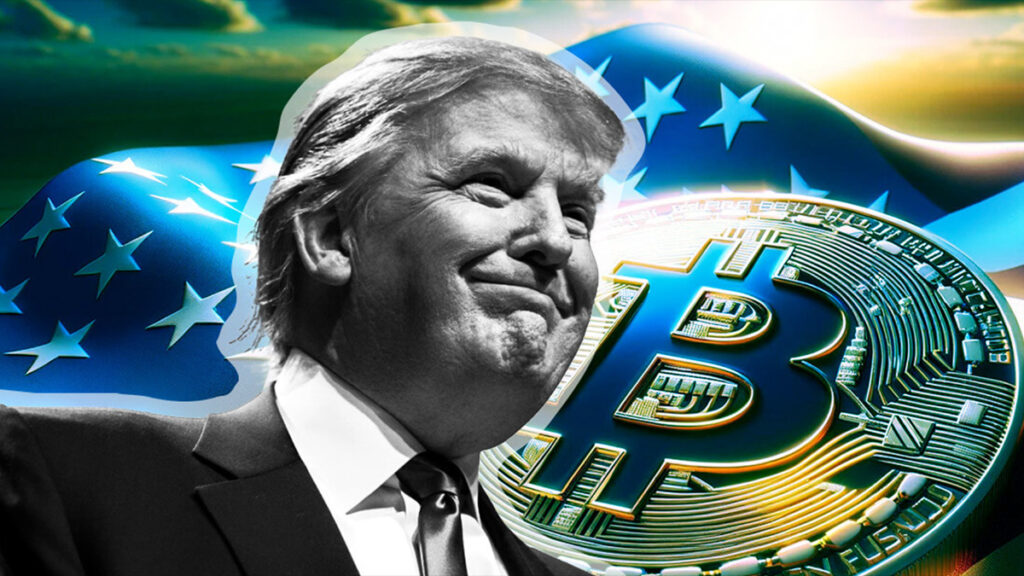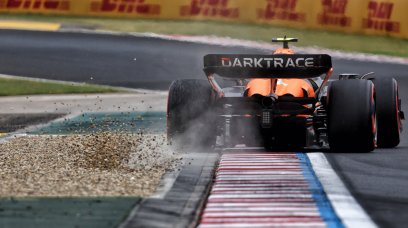Matthew Chancey, a Certified Financial Planner (CFP), sheds light on active trading, stating, “Most people are active in the way they earn income and passive in the way they invest, which statistically is a good thing.” He emphasizes that active investors require a higher risk tolerance and emotional resilience, unlike the sentiment usually associated with passive investing.
Active trading is often lauded for its potential to capitalize on short-term market movements and fluctuations, promising higher returns. However, it’s crucial to recognize that active trading is a high-risk, high-reward strategy demanding significant time, dedication, and expertise. Chancey underscores that successful traders must master skills like letting winners run, limiting losses, sizing positions properly, hedging when possible, quick learning, and maintaining a short memory simultaneously.
Pros of Active Trading
Potential for higher returns: Active traders seek to exploit market inefficiencies and price movements, potentially yielding higher returns than passive approaches.
Flexibility: Active traders can swiftly adjust to changing market conditions, adapting their positions accordingly.
Control: Active trading grants investors more control over their investment decisions and timing.
Cons of Active Trading
High risk: Active trading exposes investors to heightened market volatility and significant losses if trades turn adverse.
Time and effort intensive: Active trading demands constant market monitoring, financial data analysis, and frequent decision-making, challenging even for seasoned traders to consistently outperform the market.
Emotional stress: The rapid pace of active trading can induce emotional stress, leading to decisions influenced by fear, greed, or overconfidence.
Higher transaction costs: Frequent trading accrues higher brokerage fees and commissions, potentially eroding profits.
The Bottom Line
Chancey emphasizes, “Having the skill to be an active investor is one thing, but having the emotional fortitude is something else that most people lack. Without both, the odds of active trading working out in the long term are slim and none.” For most individual investors, passive strategies like index funds or ETFs, aiming to track market performance rather than outperforming it, are often more suitable.







